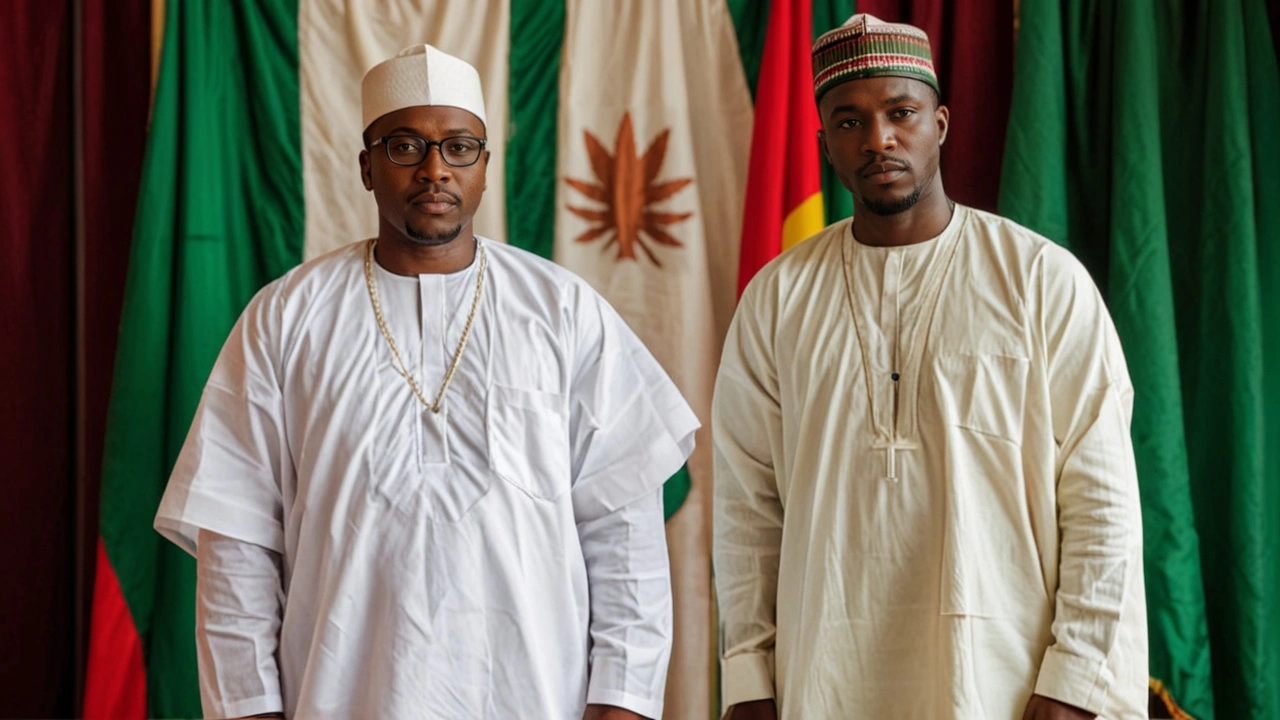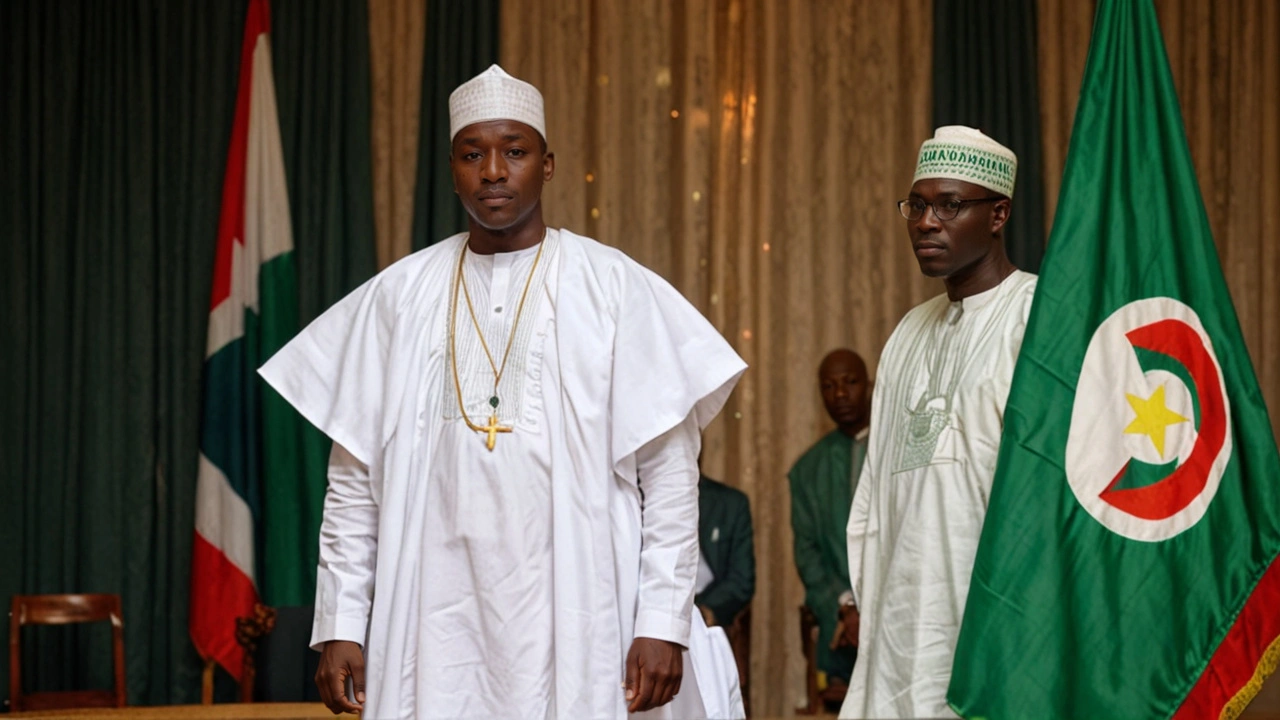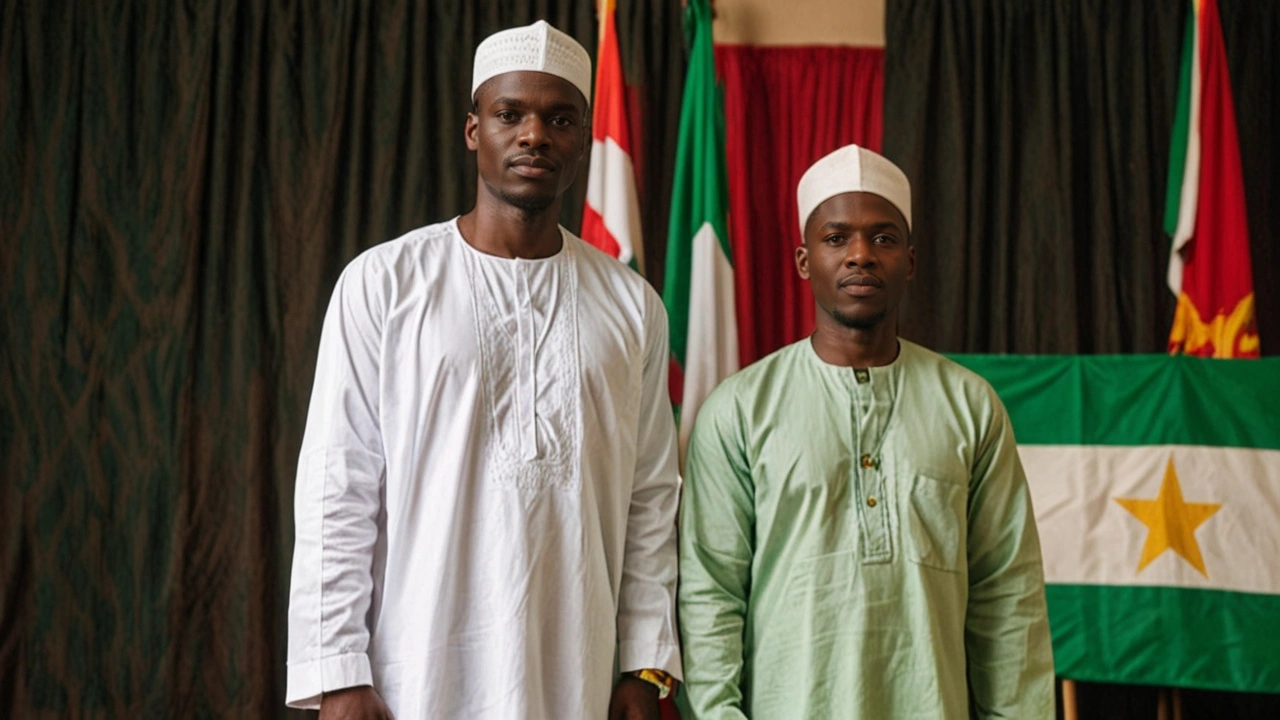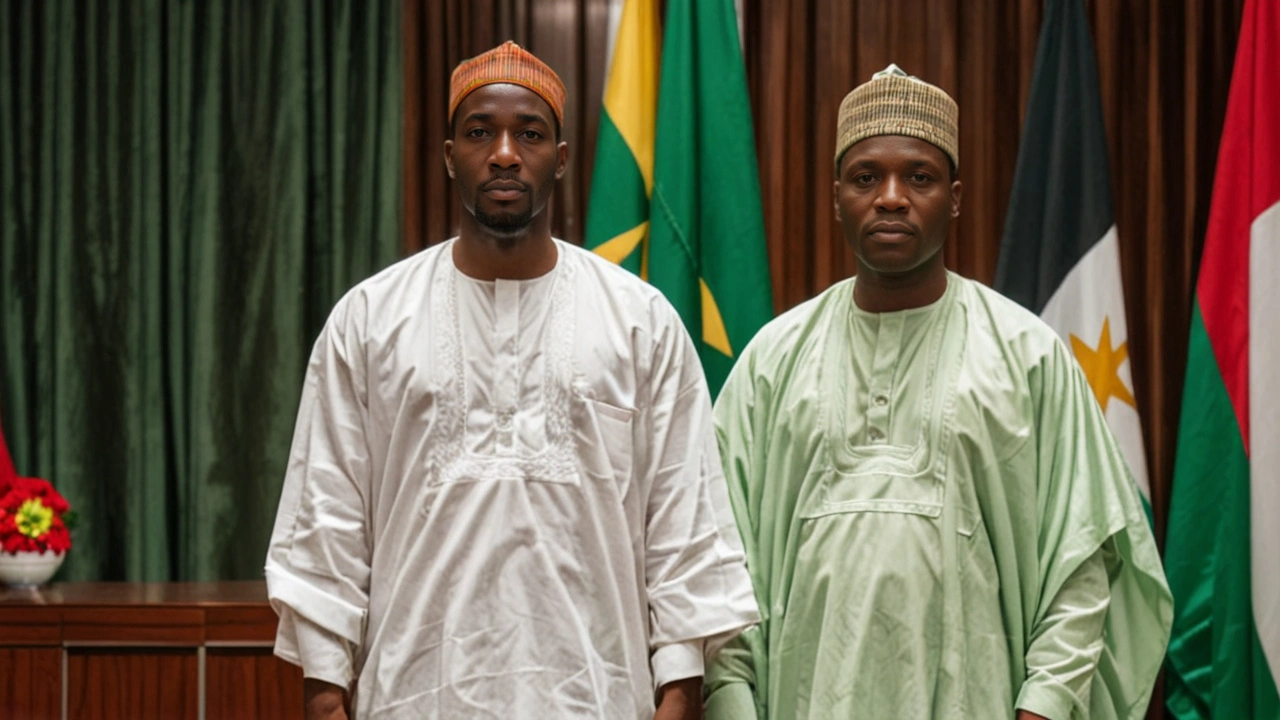ECOWAS Appoints President Faye for Mediation with Dissident States
The Economic Community of West African States (ECOWAS) is taking a monumental step towards regional stability by appointing Senegalese President Bassirou Diomaye Faye to engage in talks with Burkina Faso, Mali, and Niger. This initiative comes at a critical juncture when these three nations, steering away from ECOWAS following military coups, have formed their own alliance, citing concerns over regional and foreign interference.
Burkina Faso, Mali, and Niger: A Background of Military Rule
Burkina Faso, Mali, and Niger each underwent dramatic political shifts due to military takeovers, leading to their subsequent departure from ECOWAS. These coups were driven by a myriad of internal factors, including socio-political unrest, economic hardships, and insurgencies, particularly in the Sahel region. The new military-led governments perceive ECOWAS as heavily influenced by external powers, notably France, which has had a longstanding presence in the region.

The Mission of President Faye
Senegalese President Bassirou Diomaye Faye has been chosen to spearhead this delicate diplomatic mission, backed by Togolese President Faure Essozimna Gnassingbe. His appointment underscores ECOWAS's commitment to peaceful resolution and the restoration of regional unity. Faye's reputation as a skilled statesman, coupled with his neutral stance within ECOWAS, marks him as the prime candidate for this challenging task.
Challenges Ahead
The path to reconciliation is fraught with challenges. Faye must navigate the mistrust that the military governments of Burkina Faso, Mali, and Niger harbor towards ECOWAS. Their apprehensions stem from the bloc's perceived alignment with foreign entities, especially in light of France's controversial military operations in the region. Additionally, security concerns and economic instability remain paramount issues that these nations demand addressed comprehensively.

Economic and Security Cooperation: The Key Objectives
At the heart of Faye's mission is the revival of economic and security cooperation. ECOWAS aims to re-incorporate these nations into the fold, emphasizing collaborative efforts to combat terrorism and economic crises. By fostering a united front, the bloc believes it can better tackle the pressing issues affecting the region. This would entail not only diplomatic dialogues but also practical measures and agreements that reassure the military governments of their sovereignty and the benefits of rejoining ECOWAS.
Potential Outcomes and Implications
Should President Faye's mission find success, it would mark a significant achievement for ECOWAS in bridging divides within the region. A restored partnership with Burkina Faso, Mali, and Niger would enhance collective security and economic stability, contributing to overall regional prosperity. On the other hand, failure to mend these ties might lead to prolonged isolation of these nations, further complicating regional politics and potentially inviting greater foreign intervention.

The Road Ahead
President Faye's diplomatic endeavor is a testament to ECOWAS's ongoing commitment to peace and regional stability. While the task is undoubtedly daunting, the outcomes of these discussions hold the potential to reshape West Africa's political landscape. The international community watches closely as this mission unfolds, hoping for a resolution that upholds the values of cooperation, peace, and mutual respect.

Eve Alice Malik
July 8, 2024 AT 20:17Wow, ECOWAS really throwing a seasoned diplomat into a fiery mix. President Faye's reputation for keeping a low profile could actually be an asset here – he isn’t seen as a puppet of any foreign power. If he can pull together a roadmap that includes both security cooperation and economic incentives, the military regimes might see a reason to talk. It’ll be interesting to watch how the regional dynamics shift once talks start, especially with the Sahel’s complex insurgencies still raging.
Debbie Billingsley
July 15, 2024 AT 19:03The West African bloc is finally taking responsibility, and it should have done so years ago. Allowing coups to destabilize the region only weakens our collective security and opens doors for external meddling. President Faye must demand concrete commitments from Burkina, Mali, and Niger, not vague promises. Anything less is a betrayal of the peoples who rely on ECOWAS for stability.
Patrick Van den Berghe
July 22, 2024 AT 17:50Faye's neutral stance could be the only thing that makes these talks work. No outside pressure, just plain dialogue.
Josephine Gardiner
July 29, 2024 AT 16:37It is commendable that the Economic Community of West African States has elected to pursue diplomatic engagement rather than further isolation. Such an approach underscores a commitment to the principles of sovereignty and mutual respect, which are paramount in the current geopolitical climate. The success of this mediation will largely depend upon the willingness of the parties to prioritize regional stability over narrow national interests.
Jordan Fields
August 5, 2024 AT 15:23President Faye must balance security concerns with economic realities, ensuring that any agreement addresses both immediate threats and long‑term development.
Divyaa Patel
August 12, 2024 AT 14:10The sands of the Sahel have long whispered of turmoil, and now the echo of Faye’s name carries the weight of hope and dread alike. In the corridors of power, the specter of foreign influence looms like a relentless sun, scorching the fragile hopes of ordinary citizens yearning for peace. Yet, within this crucible of conflict, there exists a rare alchemy: the possibility that a single mediator can transmute suspicion into dialogue, fear into cooperation. It is not merely a diplomatic assignment; it is a moral odyssey that demands courage beyond the ordinary. Each nation-Burkina, Mali, Niger-stands at a crossroads where the road of isolation vies with the path of reintegration, where the lure of autonomy clashes with the harsh realities of economic scarcity. President Faye, with his reputation for impartiality, must navigate these treacherous waters without the ballast of external agendas, lest the fragile boat of negotiation capsizes. The stakes are colossal: failure may entrench extremist groups, exacerbate humanitarian crises, and embolden foreign powers to fill the vacuum. Success, however, could kindle a renaissance of regional solidarity, reviving trade routes that have lain dormant for years, and stitching together a security net that can finally suffocate the insurgent tide. Moreover, the symbolic power of a West African leader mediating his neighbors cannot be overstated; it signals a reclaiming of agency after decades of external tutelage. In the tapestry of African diplomacy, this thread could become a vivid motif of self‑determination. The world watches with bated breath, not merely for policy outcomes, but for the affirmation that African solutions can arise from within. As talks progress, the discourse must transcend mere cease‑fire agreements; it must embed mechanisms for transparent governance, equitable resource distribution, and inclusive development. Only then will the fragile peace blossom into a resilient future. Let us hope that the words spoken in these chambers become the seeds of a harvest that feeds not just the leaders, but the millions who have endured too much suffering. In the end, history will judge whether this mediation was a fleeting footnote or a turning point that reshaped the destiny of West Africa.
Larry Keaton
August 19, 2024 AT 12:57Yo fam, lemme break it down – Faye's gotta keep his cool but also call out the BS when he sees it. If they start throwing empty promises, we ain't gonna sit around and wait. Show some love for the people on the ground, but don't let anyone use "regional stability" as an excuse to ignore real problems. And yeah, we need real economic plans, not just talk about "cooperation".
Liliana Carranza
August 26, 2024 AT 11:43Exactly, we need concrete projects now, not another round of empty slogans.
Jeff Byrd
September 2, 2024 AT 10:30Sure, because diplomatic talks always solve everything instantly.
Joel Watson
September 9, 2024 AT 09:17The intellectual rigor required for such negotiations cannot be understated; superficial discourse would simply perpetuate the status quo. A nuanced framework, grounded in both historical context and contemporary exigencies, is essential.
Chirag P
September 16, 2024 AT 08:03I appreciate the balanced view presented earlier. It is vital that all parties feel heard while we maintain firm expectations for tangible progress.
RUBEN INGA NUÑEZ
September 23, 2024 AT 06:50Faye's appointment is a strategic move. He must lay out clear benchmarks and hold each side accountable, or the whole effort will be a waste of time.
Michelle Warren
September 30, 2024 AT 05:37Yo this whole thing is like a messy tangle of politics n' power. Gotta sort it out quick before the region goes borken.
Christopher Boles
October 7, 2024 AT 04:23We can do this. If everyone works together, peace and growth are within reach.
Crystal Novotny
October 14, 2024 AT 03:10Talks rarely change reality.
Reagan Traphagen
October 21, 2024 AT 01:57Don't be fooled – these talks are just a smokescreen for larger foreign interests to tighten their grip on West Africa. Every concession is a step toward deeper manipulation, and the military regimes will only use this as a cover for their own agendas.
mark sweeney
October 27, 2024 AT 19:17Honestly, i think we all just chase after the next headline, forgetting that real change comes from the ground up. big talk, small action…